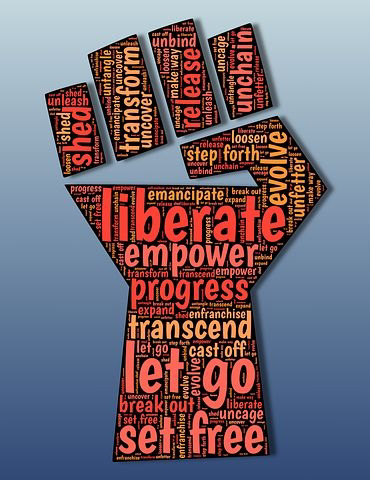Democracy
Democracy is a form of government where power is held by the people or their elected representatives. In a democratic system, citizens have the right to participate in the decision-making process and are able to choose their leaders through free and fair elections. The concept of democracy is based on the principles of equality, freedom, and justice.
One of the key features of democracy is the protection of individual rights and freedoms. This includes freedom of speech, freedom of the press, freedom of religion, and the right to a fair trial. In a democratic system, the government is accountable to the people and must act in their best interests.
There are various forms of democracy, including direct democracy, representative democracy, and constitutional democracy. In direct democracy, citizens participate directly in decision-making through initiatives, referendums, and other forms of direct participation. In representative democracy, citizens elect representatives to make decisions on their behalf. In constitutional democracy, the power of the government is limited by a constitution that outlines the rights of citizens and the responsibilities of the government.
Democracy has been adopted by many countries around the world as a system of government, although the implementation and effectiveness of democratic systems can vary widely. While democracy is generally seen as a positive and desirable form of government, it is not without its challenges and limitations, including issues such as voter apathy, political polarization, and the influence of money in politics.









No comments:
Post a Comment